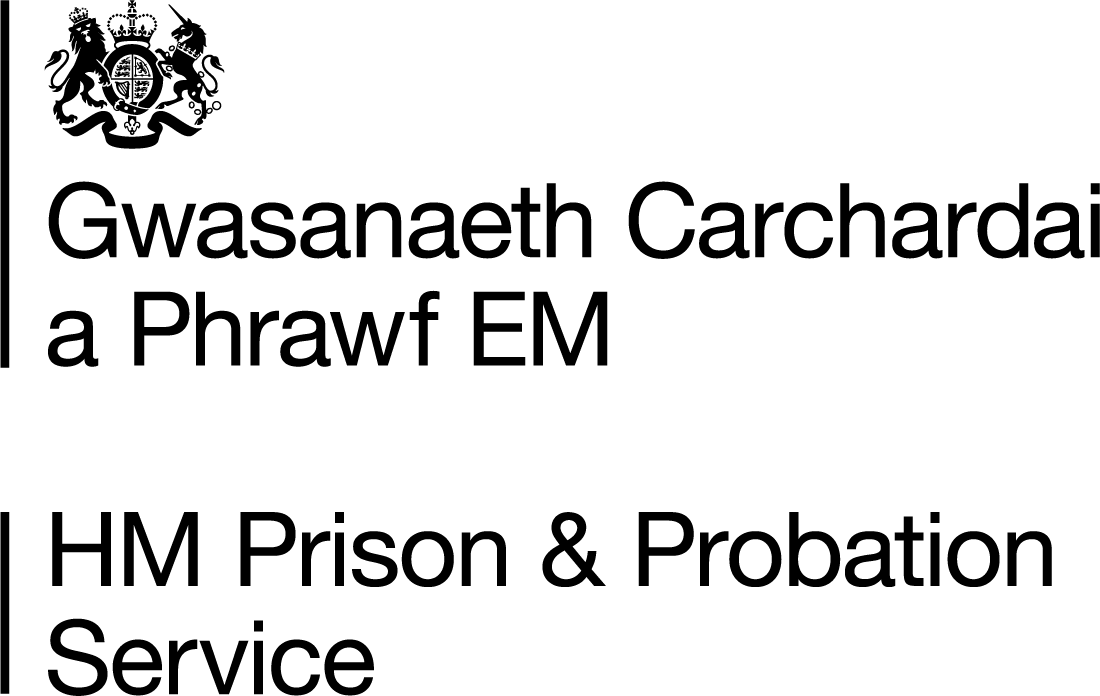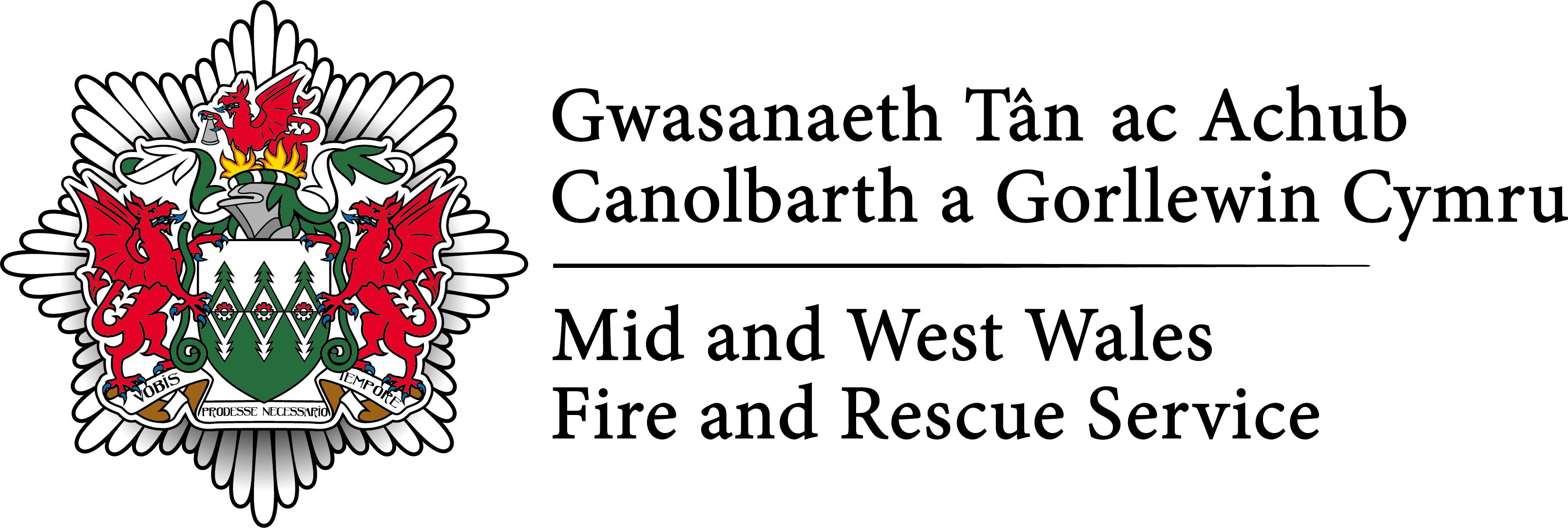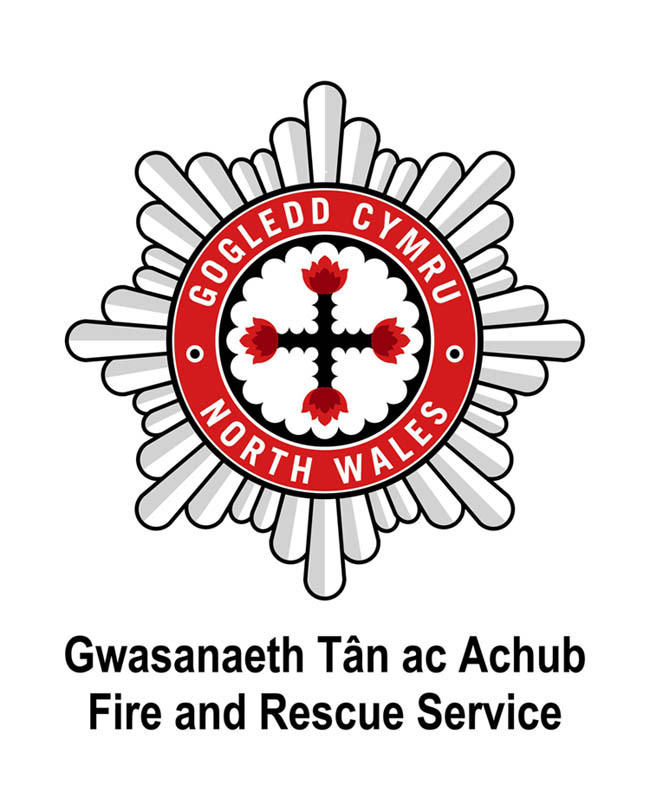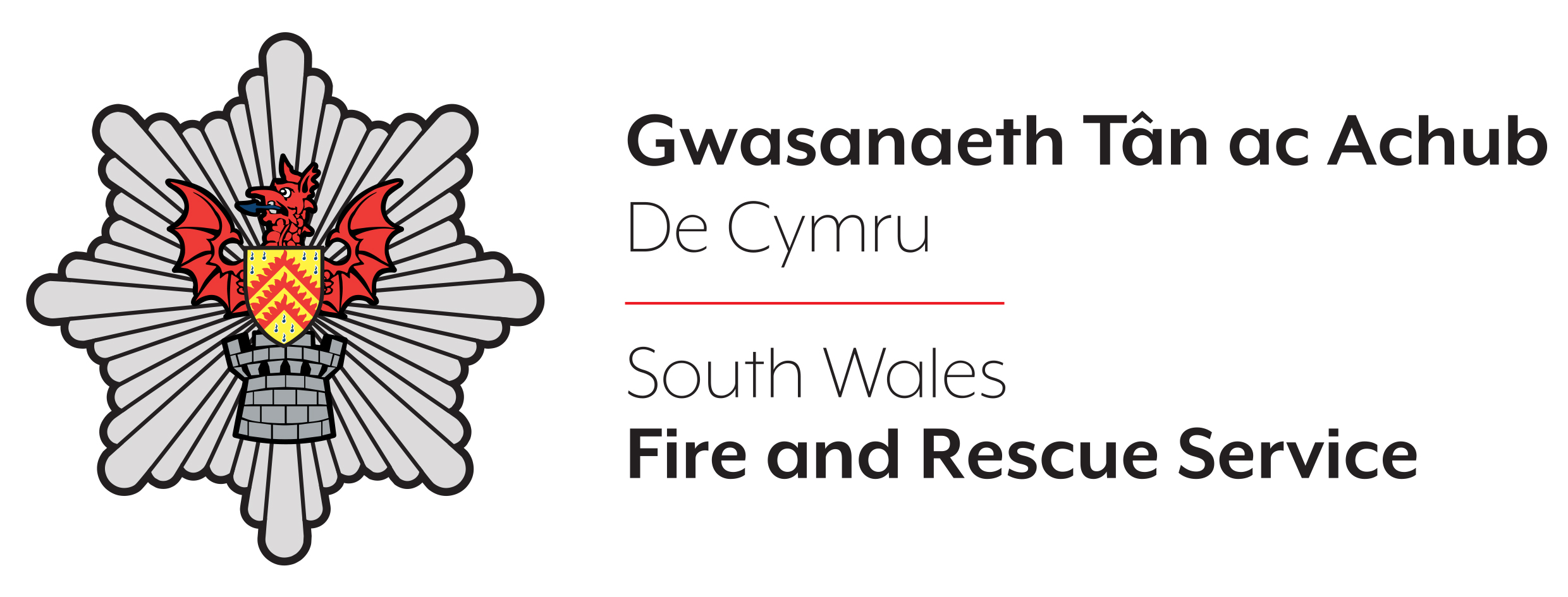- Equality Act 2010 sets out the protected characteristics of age, disability, gender reassignment, race, religion or belief, sex, sexual orientation, marriage and civil partnership, and pregnancy and maternity.
- Wellbeing of Future Generations (Wales) Act 2015 introduced the 7 wellbeing goals which include: a more equal Wales; a Wales of cohesive communities; a healthier Wales; and a resilient Wales.
- Directory
- Topics
- All Topics
- Anti-Social Behaviour & Disorder
- Crime & Crime Prevention
- Equalities, Inclusion & Cohesion
- Modern Slavery & Exploitation
- Offending & Justice
- Public Safety
- Safeguarding & Early Intervention
- Serious Violence & Organised Crime
- Terrorism & Extremism
- Violence Against Women, Domestic Abuse & Sexual Violence
- Latest Updates
- Training
- Media Centre
- Research
- About













